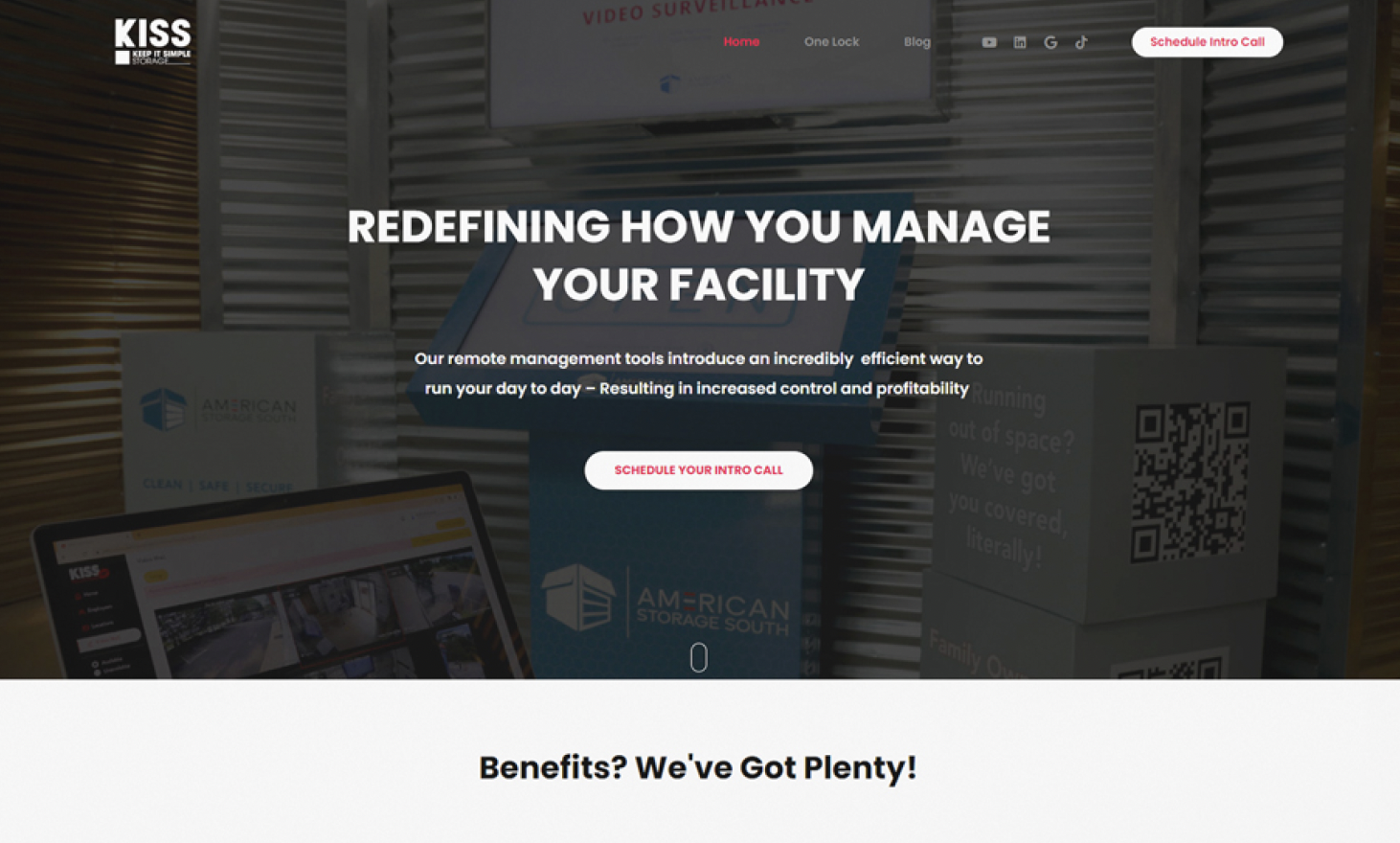- Developers
- Developer Blog
- Mobile App Development
- How to Host Mobile Backend?

profile

By Aran Davies
Verified Expert
8 years of experience
Aran Davies is a full-stack software development engineer and tech writer with experience in Web and Mobile technologies. He is a tech nomad and has seen it all.
You have a complete grip on the frontend part of your mobile app development project. Presently, your focus is on the mobile app backend. You are wondering how to host a mobile backend. If that’s you, then you aren’t alone! Many start-ups, IT leaders, IT managers, and developers have this question. Read on, as we explain all about hosting mobile backend.
How to host mobile backend? Your options explained
You have the following two options to host the backend of mobile apps. These are as follows:
A. DIY (Do It Yourself): Handle the mobile app hosting on your own
In this approach, you buy a backend server or a hosting plan from a cloud service provider. You get certain services from the hosting provider.
The extent of the hosting service you get depends on the kind of plan you bought. This approach to backend implementation requires significant effort from you.
Your work might include server management, information security management, etc. You need to do these in addition to app development.
B. Use a Mobile Backend-as-a-Service (MBaaS) platform
This approach enables you to focus on app development. An MBaaS provider is a provider of cloud services. MBaaS providers offer much more than managing remote servers. They do the following:
- Managing the entire cloud infrastructure;
- Providing API integration capabilities;
- Proving user management support;
- Supporting push notifications, storage, etc.
You don’t need to focus on cloud infrastructure management.

Get a complimentary discovery call and a free ballpark estimate for your project
Trusted by 100x of startups and companies like
The DIY approach to mobile app hosting: Explained
You need to do the following to host the mobile backend app using the DIY approach:
A. Buy a hosting plan from a cloud hosting provider
You can buy a hosting plan from a cloud provider like AWS, Google Cloud Platform, Microsoft Azure, or IBM Cloud. You have the following options:
- Shared hosting: Cloud providers offer a predetermined amount of processing power and disk space in such plans. They manage the server and other IT infrastructure. You take care of the other hosting aspects. Cloud providers offer uptime guarantees. Shared hosting plans are cheap, and they have a few limitations.
- Virtual Private Server (VPS): VPSs are virtual machines. Cloud providers manage infrastructure and optimize servers, and you handle the other hosting-related tasks. VPS plans cost more than shared hosting. You get more resources and control though.
- Dedicated servers: Dedicated servers are real servers. You control it entirely. You can install software to customize them, and you get more resources. Dedicated servers are expensive.
- Cloud clusters: These are large groups of VPSs. You can buy such a plan if you need very high scalability. Cloud clusters are expensive.
B. Set up your custom backend hosting for your mobile app
Do the following to set up the hosting for backend apps:
- Install the necessary tools. These could include application performance monitoring (APM), containers, etc. You will also need to install version control and DevOps tools.
- Install the necessary runtime environments.
- Implement information security measures.
- Set up the relevant file storage systems.
- Install the relevant database management systems like MySQL database, MongoDB, etc.
- Write the necessary backend code.
- Install other relevant services like analytics.
- Set up the API integration tools.
You need highly competent backend software developers. These backend developers need skills in APM, information security, database management, API integration, and server-side programming.
What to look for when choosing an MBaaS provider?
Look for the following when selecting an MBaaS provider:
- The provider should have extensive cloud capabilities. That includes data storage, geographical spread, the quality of the infrastructure, etc.
- Ease of use is a crucial factor.
- The MBaaS provider should have comprehensive documentation and tutorials.
- Top-notch cybersecurity capabilities are important.
- An MBaaS provider should have excellent API integration capabilities.
- MBaaS providers should use the right processes, methods, and tools for backend data management.
- You should expect industry-standard uptime guarantees.
- An MBaaS provider must provide high-quality technical and customer support.
- MBaaS providers should offer usage-based pricing.
Prominent Mobile Backend-as-a-Service providers
The well-known MBaaS providers are as follows:
1. Back4App
Back4App is a prominent Backend-as-a-Service (BaaS) provider. You can use it for hosting the backend of mobile as well as web apps.
Hire expert developers for your next project
1,200 top developers
us since 2016
Back4App offers the following advantages:
- It’s open-source.
- Back4App is based on the Parse platform, which is very user-friendly.
- This BaaS platform provides a wide range of services like push notifications, 3rd party authentication, cross-platform SDKs, etc.
- Back4App manages the backend hosting, therefore, developers can focus on the business logic and frontend apps.
- It’s easy to manage the app data with Back4App.
- Back4App makes API integration easy.
- Back4App offers the ability to customize and optimize an app.
2. Google Firebase
Google Firebase is a leading MBaaS platform. It uses the cloud infrastructure of Google, which is what Google App Engine uses. Firebase offers the following advantages:
- Robust cloud capabilities;
- Top-notch performance and scalability;
- Ease of use;
- Extensive documentation and tutorials;
- Excellent information security capabilities including 3rd party authentication;
- A host of relevant services like push notifications, databases, analytics, file storage, etc.;
- The ability to build iOS apps, web applications, Android apps, and Unity apps;
- Useful integrations like BigQuery.
3. AWS Amplify
AWS Amplify is the backend-as-a-service platform from AWS. You can use it for backend development for both mobile and web apps.
AWS Amplify offers the following advantages:
- It utilizes the considerable cloud capabilities of AWS.
- AWS Amplify is user-friendly.
- Your team can focus on developing the frontend app.
- You can access extensive documentation and tutorials offered by AWS Amplify.
- AWS Amplify helps you to quickly set up the backend for your web and mobile app. You can then connect it to the frontend easily.
- You get high-quality performance, scalability, reliability, availability, and security with AWS Amplify.
- AWS Amplify makes both development and deployment easy.
- You can integrate a wide range of AWS services with your app. These include database, analytics, etc.
- API integration is easy with AWS Amplify.
- There’s excellent technical support available.
4. Kinvey
Kinvey is one of the leading backend-as-a-service platforms. You can use it for both web and mobile development.
Kinvey provides the following advantages:
- It’s a user-friendly platform.
- Kinvey provides comprehensive documentation and tutorials.
- The platform has robust cloud capabilities.
- You can get top-notch performance, scalability, availability, reliability, and security with Kinvey.
- You can easily incorporate important services like databases, cloud storage, etc.
- Kinvey makes it easy to create the backend of your mobile and web app. You can focus on frontend development since Kinvey manages the backend.
- The user-friendly tools offered by Kinvey make it easy to connect the backend of the app to the frontend.
- Kinvey provides tools to create native apps for both Android and iOS, furthermore, it offers tools for web development.
- You can get robust technical support.
5. Backendless
Backendless is a popular mobile backend-as-a-service platform. It supports both web and mobile development. This platform has excellent cloud capabilities.
Backendless offers the following advantages:
Hire expert developers for your next project
- It’s easy to use. You can complete key tasks like data modeling, source control, and deployment easily.
- Backendless provides visual app-building tools. You can build the UI and backend of your app using these tools.
- You can run the Backendless PRO version on your own servers.
- Backendless makes it easy for you to build, deploy, and manage APIs.
- This MBaaS platform supports key features like push notifications, user management, etc.
- You can incorporate important services like databases easily.
- Backendless offers extensive documentation.
- You get high-quality technical support from Backendless.
- Backendless offers high scalability, performance, security, availability, and reliability.
6. Heroku
Heroku is a leading Platform-as-a-Service (PaaS) platform that also supports mobile development. It provides the following advantages:
- Comprehensive cloud capabilities;
- Extensive features;
- Support for popular open-source databases;
- A wide range of services;
- Scalability;
- Performance;
- Security;
- Reliability;
- Availability;
- Ease of use;
- Support for key programming languages and runtimes;
- Excellent development tools;
- User-friendly DevOps tools;
- Top-notch technical support;
- Comprehensive documentation and tutorials.
Heroku has a considerable reputation. It has seen many value additions over the years. Salesforce owns it, which further strengthens the cloud capabilities of Heroku.
Developing a strategic mobile application? Contact DevTeam.Space to hire competent app developers.
FAQs
You need comprehensive information security skills to set up the hosting for mobile applications. Hackers routinely target mobile app backend services. Acquire skills in areas like encryption, multi-factor authentication, API security, firewalls, antivirus, and DevSecOps.
If native Android or iOS apps offer anything more complex than a simple calculator or offline game, then you to host the mobile backend. Whether you develop native or cross-platform mobile applications doesn’t change that. The target operating system doesn’t change that either.
App stores like Google Play and Apple App Store handle the distribution of mobile apps. They are not cloud service providers where you host the mobile backend. You still need to host the databases, APIs, and other connections in the mobile backend for the app to work.

Alexey Semeney
Founder of DevTeam.Space
Hire Alexey and His Team To Build a Great Product
Alexey is the founder of DevTeam.Space. He is award nominee among TOP 26 mentors of FI's 'Global Startup Mentor Awards'.
Alexey is Expert Startup Review Panel member and advices the oldest angel investment group in Silicon Valley on products investment deals.


